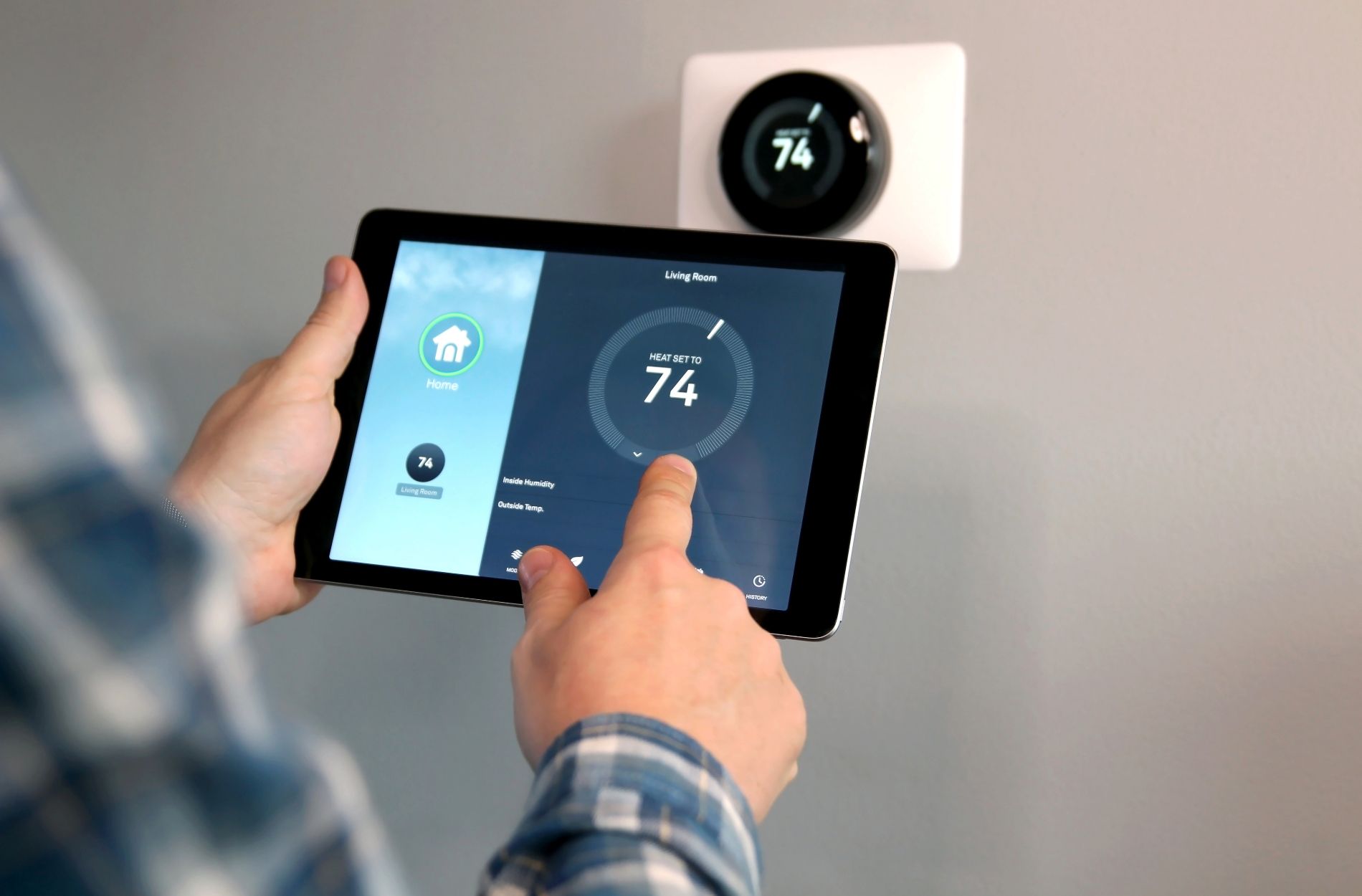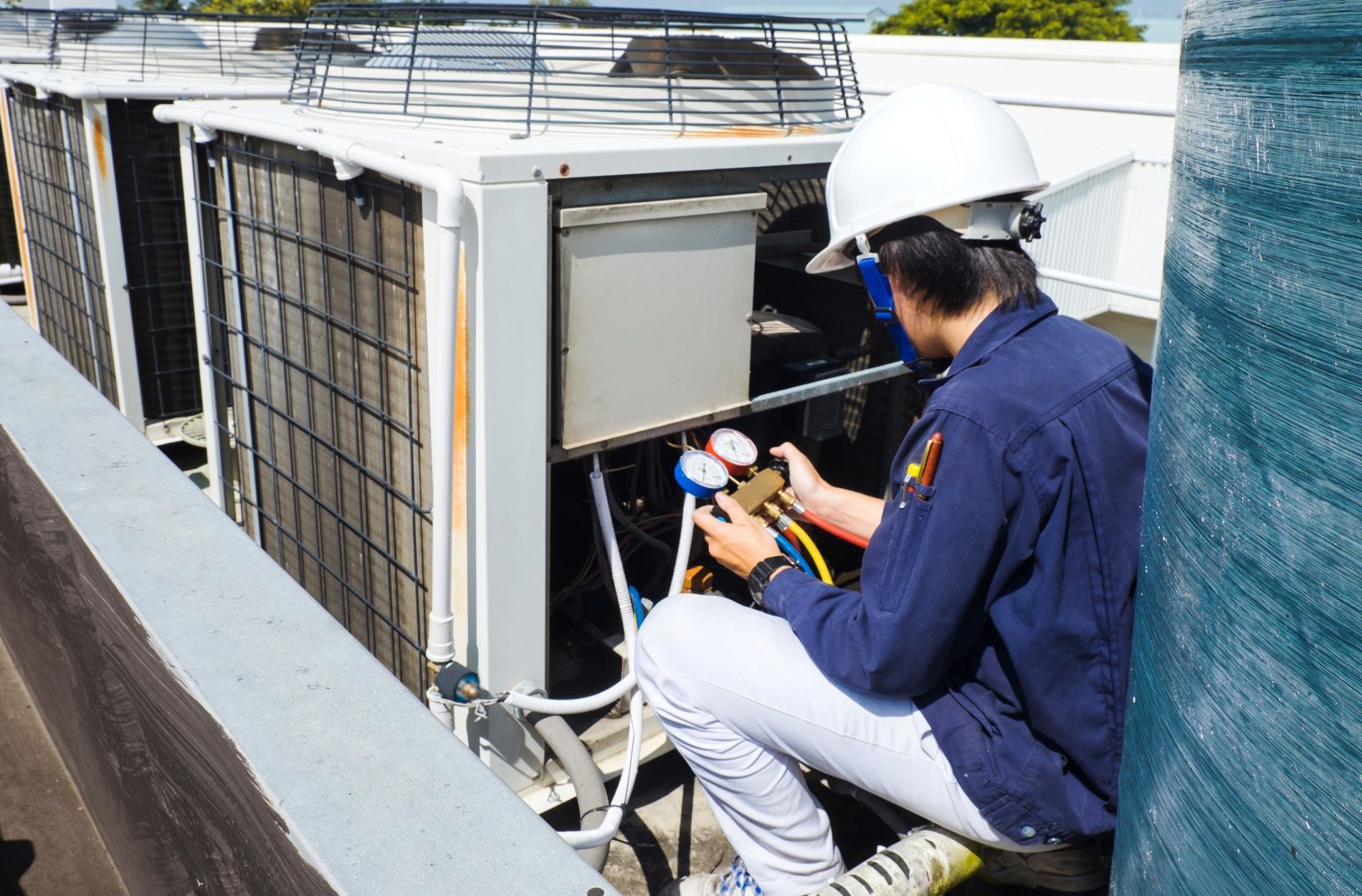Understanding the Importance of Indoor Air Quality in 2024
Now more than ever, homeowners are focusing on the importance of maintaining a healthy living environment. One critical aspect of this is indoor air quality, which has a significant impact on the health, comfort, and well-being of everyone in your household. As an experienced HVAC service provider offering comprehensive solutions to our community, we understand the significance of indoor air quality and strive to educate our clients on best practices for maintaining excellent air quality in their homes. In this post, we'll explore the factors that contribute to indoor air quality, why it's essential in 2024, and provide some actionable tips on how to improve and maintain the air quality within your home.
Indoor air quality refers to the overall cleanliness of the air within your home, including the presence of pollutants, allergens, and contaminants. Various factors can contribute to poor indoor air quality, such as inadequate ventilation, mold, pet dander, pollen, household chemicals, and outdoor pollution seeping inside. In recent years, there has been an increased focus on improving indoor air quality as it has become clear that poor air quality can lead to numerous health issues, such as allergies, asthma, and other respiratory conditions.
Some common symptoms associated with poor indoor air quality include frequent headaches, fatigue, dizziness, and sinus congestion. Long-term exposure to poor air quality can lead to more severe health complications, making it crucial for homeowners to prioritize maintaining healthy indoor air.
Understanding the Importance of Indoor Air Quality in 2024
Common Sources of Indoor Air Pollutants
Numerous factors indoors can contribute to poor air quality. Identifying these sources is the first step towards addressing and mitigating their impact. Some common indoor air pollutants include:
1. Combustion by-products from heating appliances, such as carbon monoxide and nitrogen dioxide
2. Volatile Organic Compounds (VOCs) from household products, such as cleaning agents and paint
3. Tobacco smoke, which contains harmful chemicals and particulates
4. Allergens, including dust mites, pollen, and pet dander
5. Mold and mildew, often caused by excess moisture
By understanding the sources behind these pollutants, you can take appropriate steps to minimize or eliminate their presence in your home and improve your indoor air quality.
Enhancing Ventilation for Healthier Air
Proper ventilation is critical for ensuring the continuous circulation of fresh air throughout your home. Effective ventilation strategies include:
1. Opening windows and doors whenever the outdoor air quality allows, to promote natural ventilation
2. Installing exhaust fans in high-humidity areas such as bathrooms and kitchens, to remove excess moisture and eliminate odors
3. Regularly inspecting your home's ventilation system and ductwork for leaks, debris, and mold
4. Considering a whole-house ventilation system that efficiently replaces stale indoor air with fresh outdoor air
By implementing proper ventilation practices, you can help reduce the buildup of indoor air pollutants and create a healthier living environment.
Regular HVAC Maintenance for Optimal Air Quality
Your HVAC system plays a significant role in maintaining healthy indoor air quality. Regular maintenance ensures that both heating and air conditioning units are running efficiently and providing clean air. Here are some steps to follow:
1. Replace air filters every 30 to 90 days, or more frequently if you have allergies or pets. High-quality filters can effectively capture airborne particles such as dust, pollen, and pet dander.
2. Schedule routine professional HVAC maintenance to keep your system running optimally. This typically involves cleaning the coils, inspecting the system for leaks, and checking for proper airflow.
3. Keep the outdoor components of your HVAC system, such as air conditioning units and heat pumps, clean and unobstructed by debris.
4. Regularly inspect and clean your home's air ducts to prevent the buildup of dirt, dust, and mold.
Minimizing Indoor Pollutants: Simple Tips for a Healthier Home
In addition to maintaining your HVAC system and enhancing ventilation, there are several simple tips you can follow to reduce indoor air pollution:
1. Avoid smoking indoors. Second-hand smoke is a significant source of indoor air pollution and can be harmful to the health of your family.
2. Limit the use of products that release VOCs, such as paints, solvents, and cleaning agents, and opt for low-VOC alternatives whenever possible.
3. Control moisture levels in your home by using dehumidifiers, properly ventilating bathrooms, and keeping an eye out for mold and mildew.
4. Use HEPA filters in your vacuum cleaner to remove allergens and particulates more effectively.
5. Place air-purifying plants throughout your home to naturally help remove pollutants and improve air quality.
Prioritize Indoor Air Quality for a Healthier Home
Achieving and maintaining excellent indoor air quality is essential for the well-being and comfort of your family. By understanding the sources of indoor air pollution, implementing proper ventilation practices, regularly maintaining your HVAC system, and minimizing indoor pollutants, you can create a healthier living environment for you and your loved ones.
If you need assistance in assessing and improving your home's indoor air quality, our professional team at Anytime Heating & Air is here to help. Our
local HVAC company in Owensboro offers expert guidance and solutions to ensure your home is as comfortable and healthy as possible.


